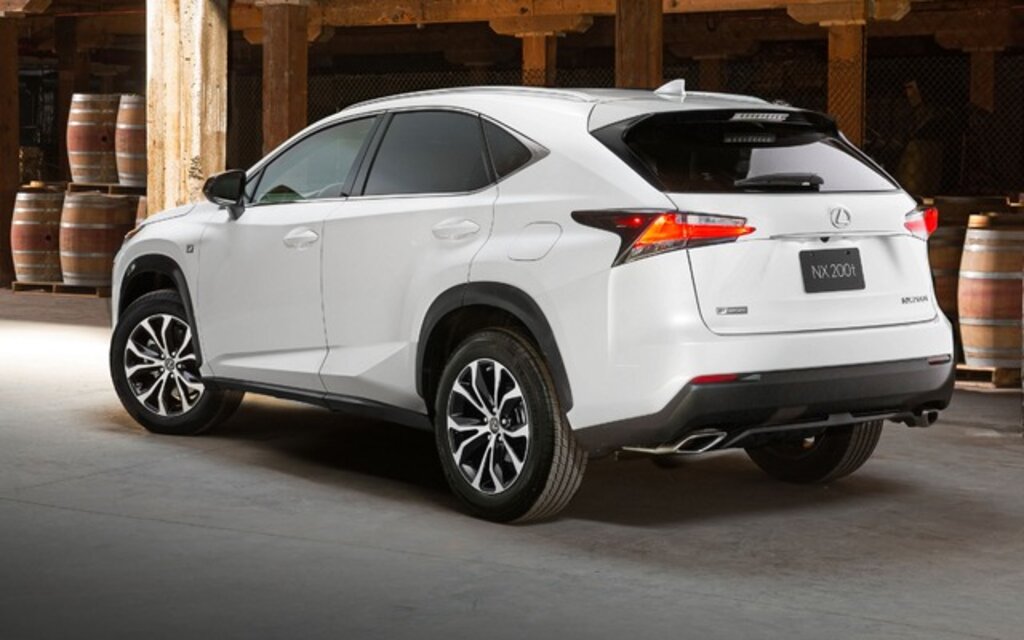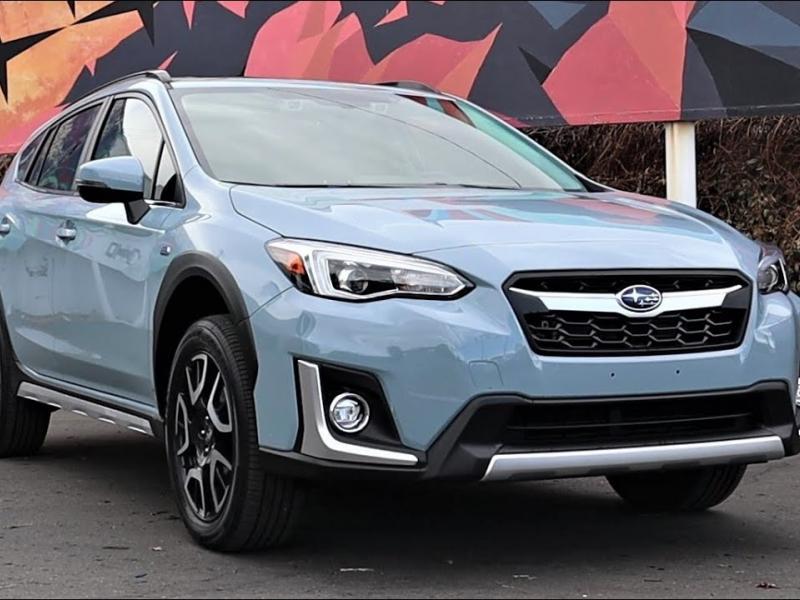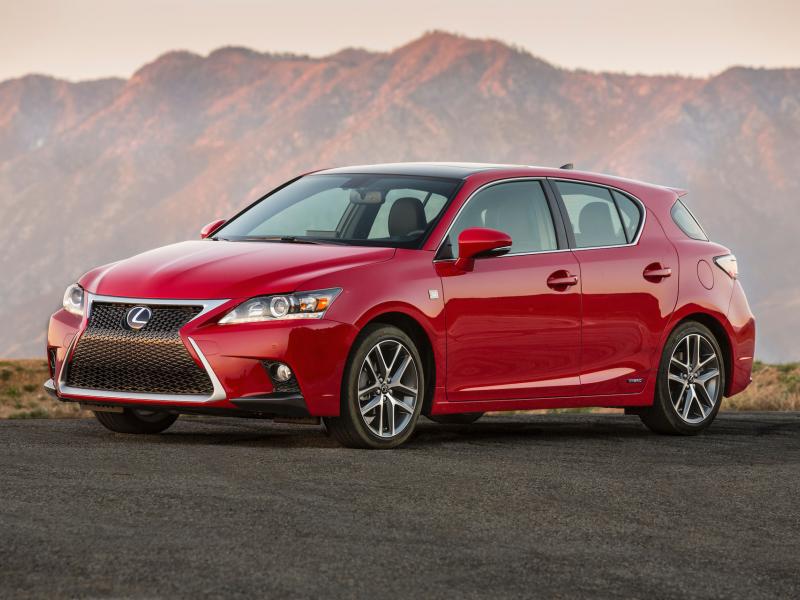Winter tires or all-season tires: Which should you buy?
As drivers, tires aren’t always on the forefront of our minds. We simply view them as rubber compounds that help to carry us safely down the road. It’s only when something goes wrong – a blown wheel or a slide in the rain – that we even think about our tires. But winter weather is just around the corner, and we should consider the right tires for our cars before the snow falls.
Historically, people switched from summer tires to winter tires. Then, all-season tires entered the market. Buying two sets of tires and switching them with the seasons quickly required too much time and effort. In most parts of the continental U.S., all-season tires are probably fine to get the job done. However, Michelin invited us to explore the benefits of winter tires versus all-seasons for ourselves.
Michelin helps to debunk our theory on all-season tires
Michelin brought us to Indiana for an event at the campus of Notre Dame where we took a spin (yes, in cars) on their ice hockey rink. Unlike a hockey rink, the average road is not a perfect sheet of ice but rather some combination of snow, sand, and ice. The ice rink, hopefully, would be worse than anything we’d drive on this winter.
Testing involved putting us behind the wheel of two front-wheel-drive Toyota Camry’s that were identical with the exception of their tires. One was equipped with all-season tires while the other rode on the new Michelin X-Ice Xi3’s — a studless tire developed to handle ice and snow.
Our mission was simple. Mash your foot on the gas pedal until you hit the set of orange cones and then slam on the brakes.
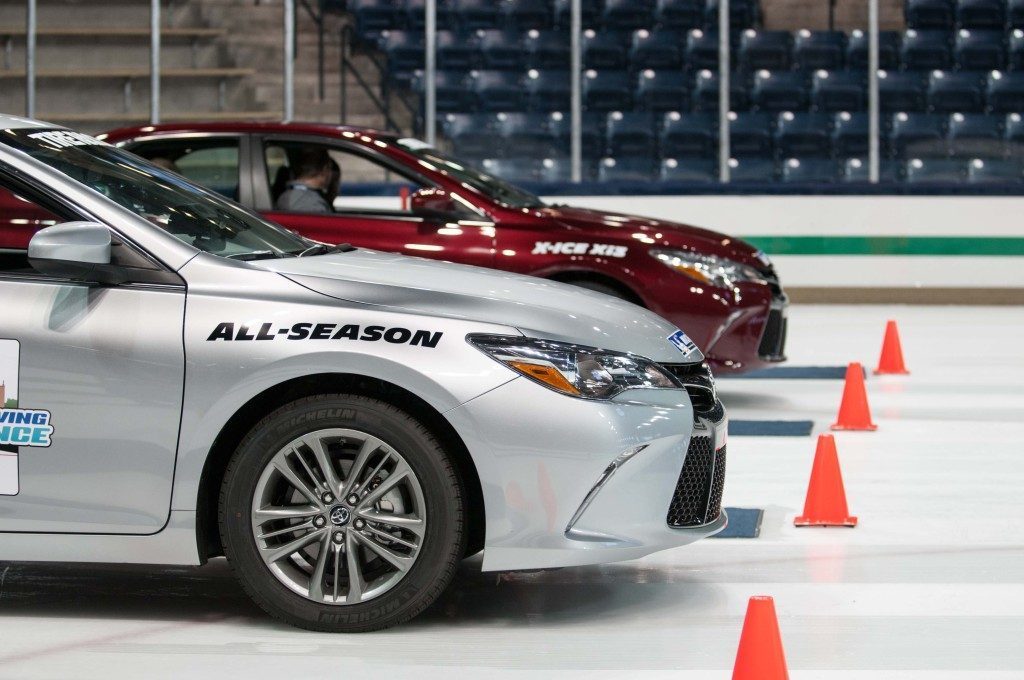
Toyota Camry’s with all-season and winter tires lined up on the ice.
Lined up next to each other, both drivers hit the gas. The Camry wearing Michelin shoes gripped the ice and propelled us toward the cones. We still slid when we braked and there was plenty of wheel spin, but it felt controlled, and we stayed in a straight line.
Upon switching to the other Camry, we found the all-season tires struggled to grab hold of the slippery surface. As we approached the cones and pressed the brakes, there was noticeably more lateral motion. We got to the finish line slower and in less of a straight line, sliding right by the competing Camry. (Four feet doesn’t seem like much until those four feet involve putting your hood into someone else’s trunk.)
We gave it a second try in Toyota RAV4’s equipped with all-wheel-drive. You’re probably thinking things went much better for the all-season tires paired with AWD, but that wasn’t the case. The Michelin Latitude X-Ice Xi2 winter tires performed far better and stopped the RAV4 sooner than the all-season competitors.
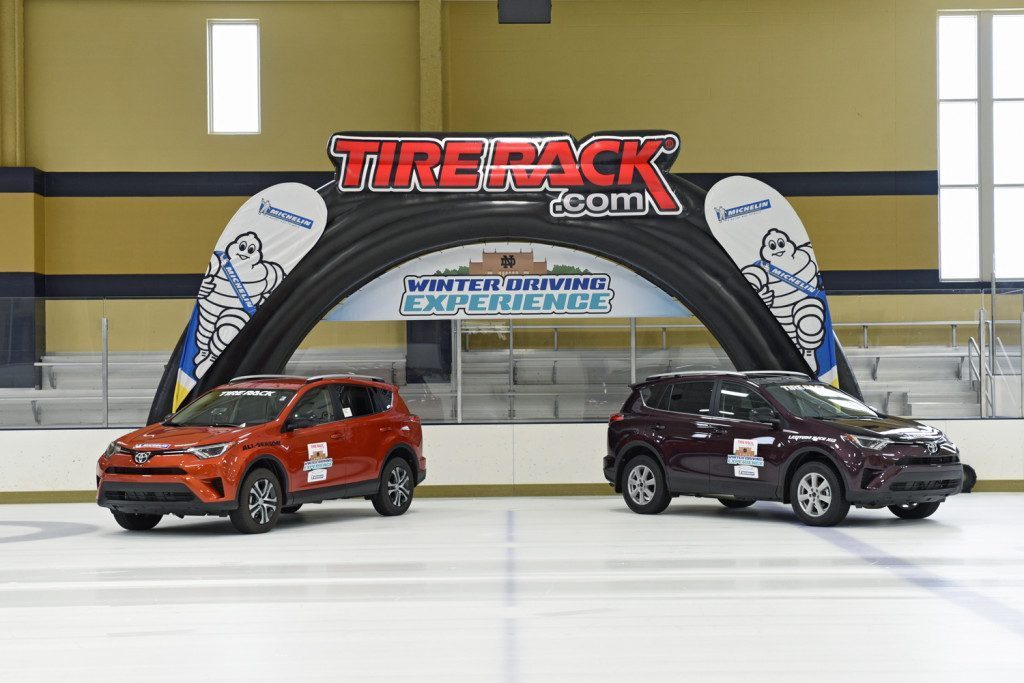
Why do winter tires perform better than all-season tires?
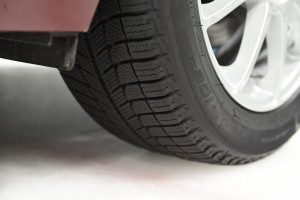 Tires aren’t just about the tread, although that’s important. You’ll find more sipes – that fancy pattern of little slits – in a winter tire to improve its ability to grip the road. The bigger issue is the compound used to make the tire. Also, all rubber is not created equal. Summer tires have a more rigid rubber, winter tires are softer, and all-season tires fall somewhere in between.
Tires aren’t just about the tread, although that’s important. You’ll find more sipes – that fancy pattern of little slits – in a winter tire to improve its ability to grip the road. The bigger issue is the compound used to make the tire. Also, all rubber is not created equal. Summer tires have a more rigid rubber, winter tires are softer, and all-season tires fall somewhere in between.
Live in a region that has temperatures consistently below 40 degrees during the winter season? Then you’re a prime candidate for winter tires. Sure, you can drive on those all-season tires, but they’re neither going to grip as well nor are they going to have the same stopping power as dedicated winter tires. And, for the record, summer tires in wintry weather are even worse.
So which winter tires should you buy?
Michelin offers several choices, including the X-Ice Xi3 and Latitude X-Ice Xi2 winter tires we tested. If you’re not sure which winter tires are best for you, then there are great resources at TireRack.com that can help you sort through the options.
During our visit, we toured Tire Rack’s nearby facility. Thanks to a combination of classroom training and track driving, Tire Rack associates are uniquely qualified to guide you to the right wheel for your vehicle and driving needs.
Getting the right tires for every customer is so important that each order is reviewed by an actual human to ensure it makes sense. If you order winter tires and you live in Florida, they’ll give you a call to make sure that’s what you meant to do. Maybe you’re a snowbird and need those tires when you head home, but they don’t want you riding around on winter tires in Miami and being disappointed with their performance.
We spend hours and hours researching our cars to make sure we are getting the perfect car to fit our needs, but the corresponding tires are usually neglected. Hopefully, now you’ll consider the rubber your vehicle rides on in winter and each season that follows.

Nicole hugs the squeezable Michelin Man

